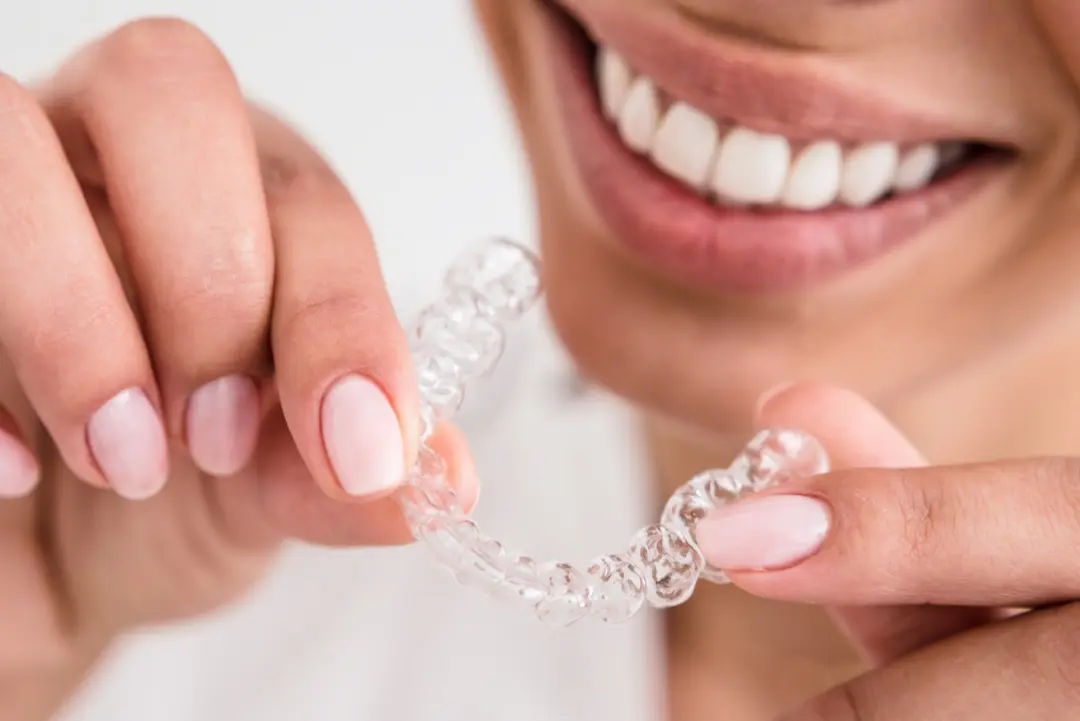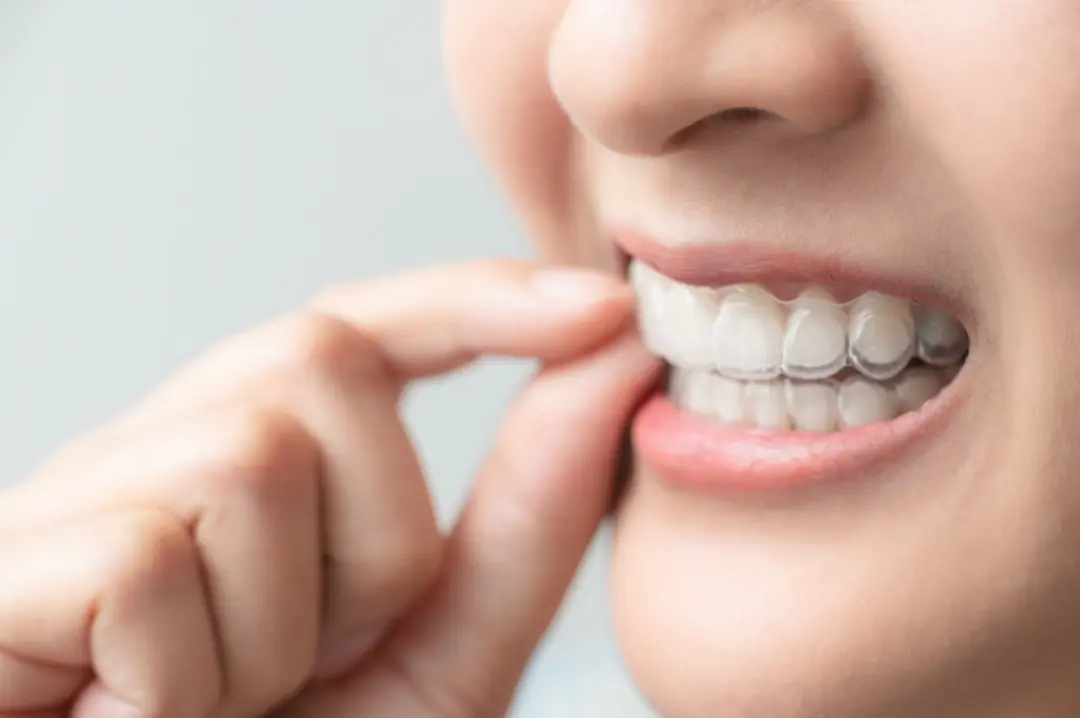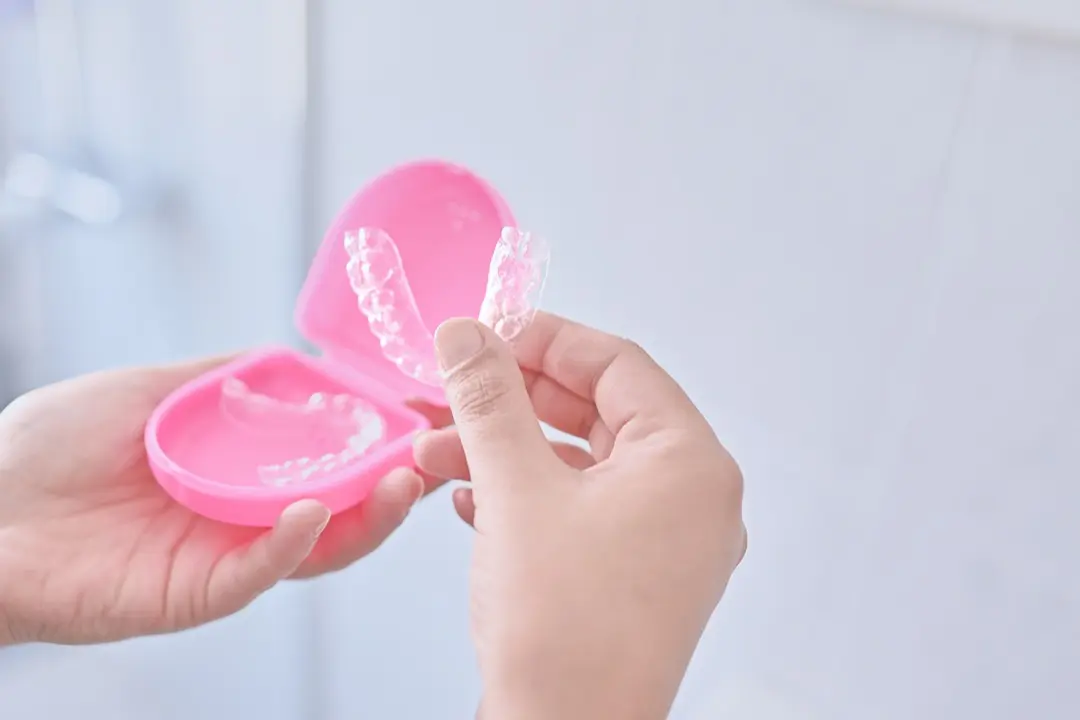
12 Sep Everything You Need to Know About Wearing a Night Guard
Do you often wake up with a headache or notice that your jaw is sore in the mornings? These are both common signs of bruxism – or teeth grinding. While teeth clenching and grinding are common among both children and adults, once it starts to cause discomfort or damage to your teeth, it’s best to talk to your dentist or hygienist about treatments.
The most common treatment for bruxism is a night guard, and we’ve highlighted some of the main things you need to know about wearing a night guard.
What Is Bruxism?
There are several symptoms that can indicate that you may be suffering from bruxism, including:
- Teeth grinding or clenching
- Waking up with dull headaches
- Facial pain
- Jaw soreness
- Fatigue from lack of sleep
Bruxism is common in both adults and children, so you can rest assured knowing that you aren’t the only one who deals with it and that there are treatments that can help reduce the discomfort that can be caused by bruxism. While occasional teeth-grinding isn’t often a cause for concern, constant, long-term grinding can lead to loss of tooth enamel, broken teeth, and in severe cases, loss of teeth. The exact cause of bruxism is unknown, stress and anxiety are believed to play a large role, as well as snoring, sleep apnea, and crooked teeth.
Different Types of Night Guards
When it comes to getting a night guard to help with bruxism, there are typically a few different options to choose from. Most pharmacies have night guards available that you can get without a prescription, which you mold to your teeth by boiling and biting into gently. However, a night guard that is customized to your teeth by your dentist is always the best option. Custom night guards are of higher quality and are custom fit to your teeth, meaning that your dentist can make any necessary adjustments to the fit to ensure it fits comfortably before you take it home.
It can take some time to get used to your new night guard and for it to feel comfortable, so it is best to try to stick with it for 4-6 weeks and make a habit of wearing it. After this period, it should start to feel like a normal part of your routine and will be much more comfortable to wear.
How To Care for Your Night Guard
Taking care of your night guard properly is just as important as wearing it. Our mouths can be a breeding ground for bacteria, so cleaning your night guard regularly is essential to maintaining good oral health. You should wash your night guard before and after each use by either rinsing it with clean, cold water or brushing it with a toothbrush. It’s important to store your night guard in its container and not leave it in a sunny or hot area, as this can cause the plastic to warp and no longer fit properly. If you find that your night guard begins to feel loose or uncomfortable, then it is likely time to get it replaced.
Whether you’ve gotten a night guard for the first time or have been wearing one for years, these tips should give you everything you need to know about wearing a night guard to help combat bruxism.




